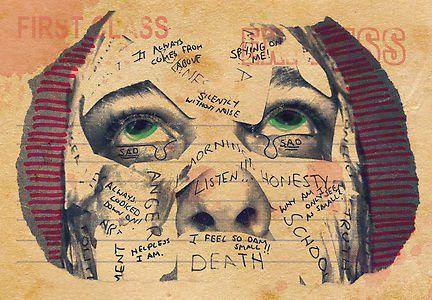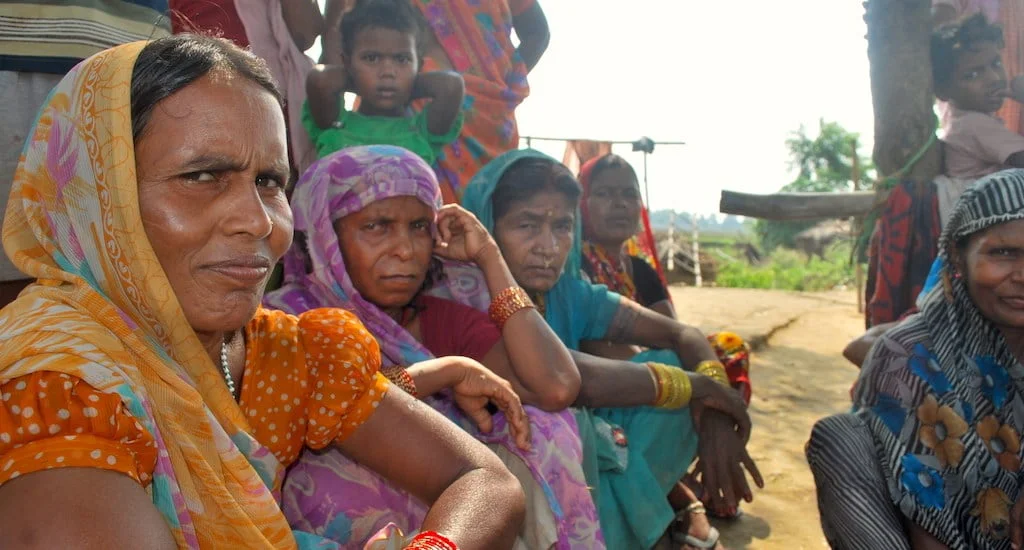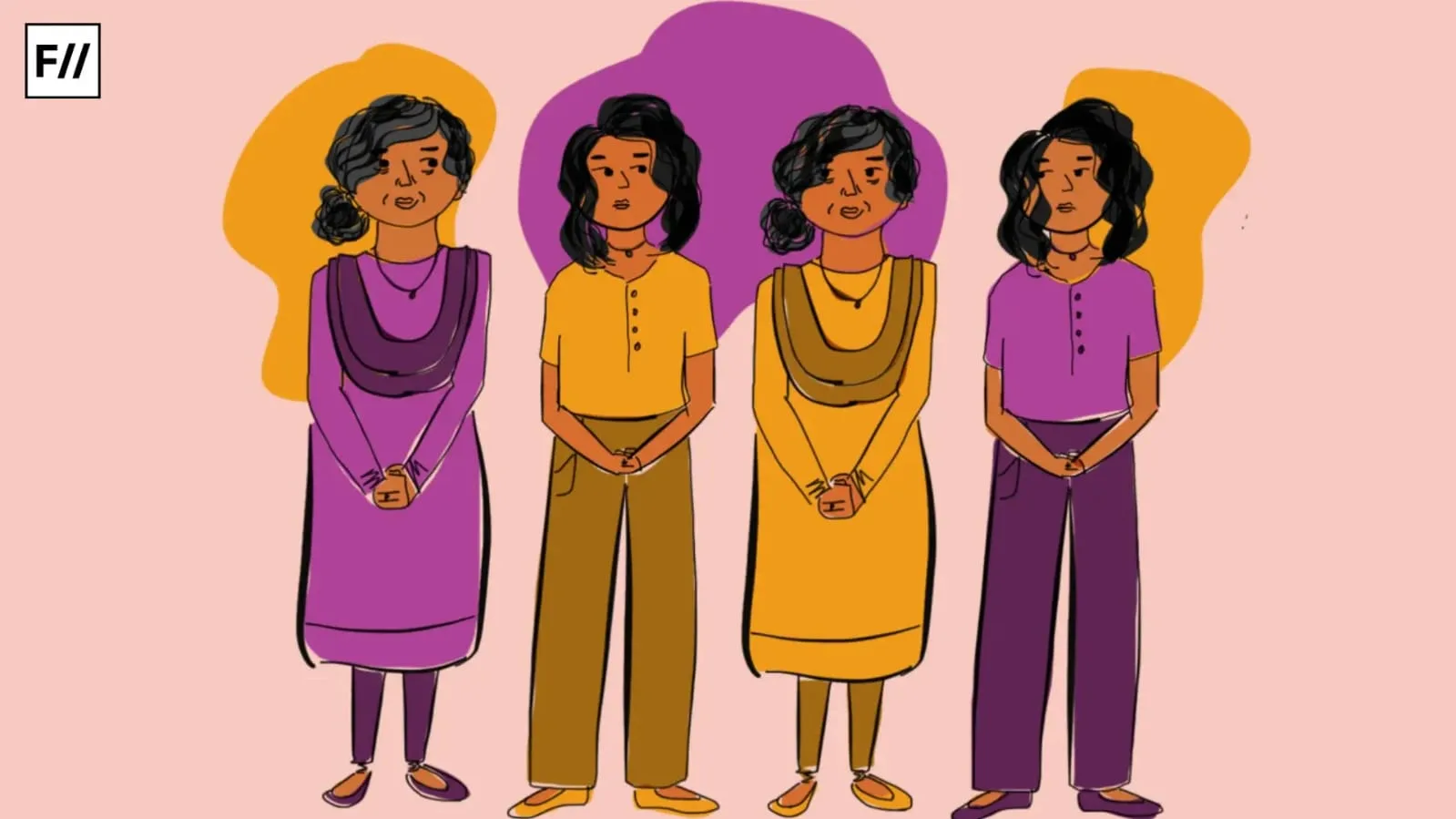Mental illnesses and health issues continue to be shrouded by myths and superstitions. At the very least, these myths are inaccurate and don’t reflect the realities of mental issues accurately. At their worst, they affect the personal, social and work lives of people managing mental illnesses. Here we look at some of the major myths about mental illnesses that still persist. This is in no way a comprehensive list.
Myth 1: Mental illnesses are not real illnesses
Mental illnesses are real illnesses. They stem from a variety of factors including how our brains work, our physical and emotional life experiences. They impact our health and well-being, they can be prevented, managed and treated. There is a long way to go in our understanding of brain chemistry and physiological processes and the science of mental illnesses and treatments, but this does not make them less real — they have been traditionally made invisible, further contributing to this myth. However, mental illnesses, even when seen as real, have a lot of stigma associated with them.
Myth 2: Mental illnesses are a first-world problem and not really present in India
All the statistics disprove this. Mental illness is an issue globally and it is an issue in India. This myth stems from the notion that mental illnesses are not real, that they are a luxury, that in a country such as India, people ‘don’t have time for mental illnesses’. Just because they go undiagnosed and/or untreated due to lack of healthcare systems, does not mean there isn’t a high prevalence of mental illnesses and they don’t impact people’s lives. The concept of Disability Adjusted Life Years tries to capture the losses from various illnesses.
Myth 3: Mental illnesses reflect an attitude or personality problem and can be overcome with willpower
Motivation and willpower play an important role in different aspects of our life. Yet, I don’t imagine that we think it is acceptable to tell someone who has a tumor to change their attitude to get better. Of course, attitudes make a difference to our health and how we manage illnesses. They can complement and supplement proper healthcare. But mental illnesses aren’t a result of a personality deficiency of some kind.
Myth 4: Medicines and therapy are for the weak-willed
Pause for a minute. Ask yourself if you would ever deny a person who has diabetes their medicine or consider them weak. No? Then why is it okay to think therapy and medicines are optional for people managing mental illness and we should be allowed to tell them how to manage their health. Some people choose behavioral therapy, others choose a combination of therapy and medicines. People make lifestyle changes to manage mental illnesses just like they make changes to manage conditions such as heart disorders. If you believe that medicines ‘make people a different person/not who they are originally’, then why would you apply that rule differently?
Myth 5: People managing mental illnesses are unfit to work, can never get better
This myth is reinforced by statements made by our political leaders, who lack both sensitivity and understanding about most societal issues, including mental health. Workplaces also penalize people managing mental illnesses, under the guise of their ‘lost productivity and inability to perform their jobs’ and are unlikely to consider that people also manage physical conditions, which like mental illnesses, may require time and management but does not prevent people from do their jobs. People managing mental illnesses can and do get better, manage their illnesses and remain involved contributors in various spheres of life.
Also read: Dear Mrs. Maneka Gandhi, #WeCanWork And How
These are just some of the myths associated with mental illnesses. Take a moment and tell us about what you have experienced or observed around these or any other myths.
Featured Image Credit: Pinterest
About the author(s)
Feminist and Indian. Interests include gender, education, mental health and wellness. India/US.




